8 celebrities who have bravely opened up about being sexually assaulted

Brave celebrities speaking about their sexual assault stories changed Hollywood forever
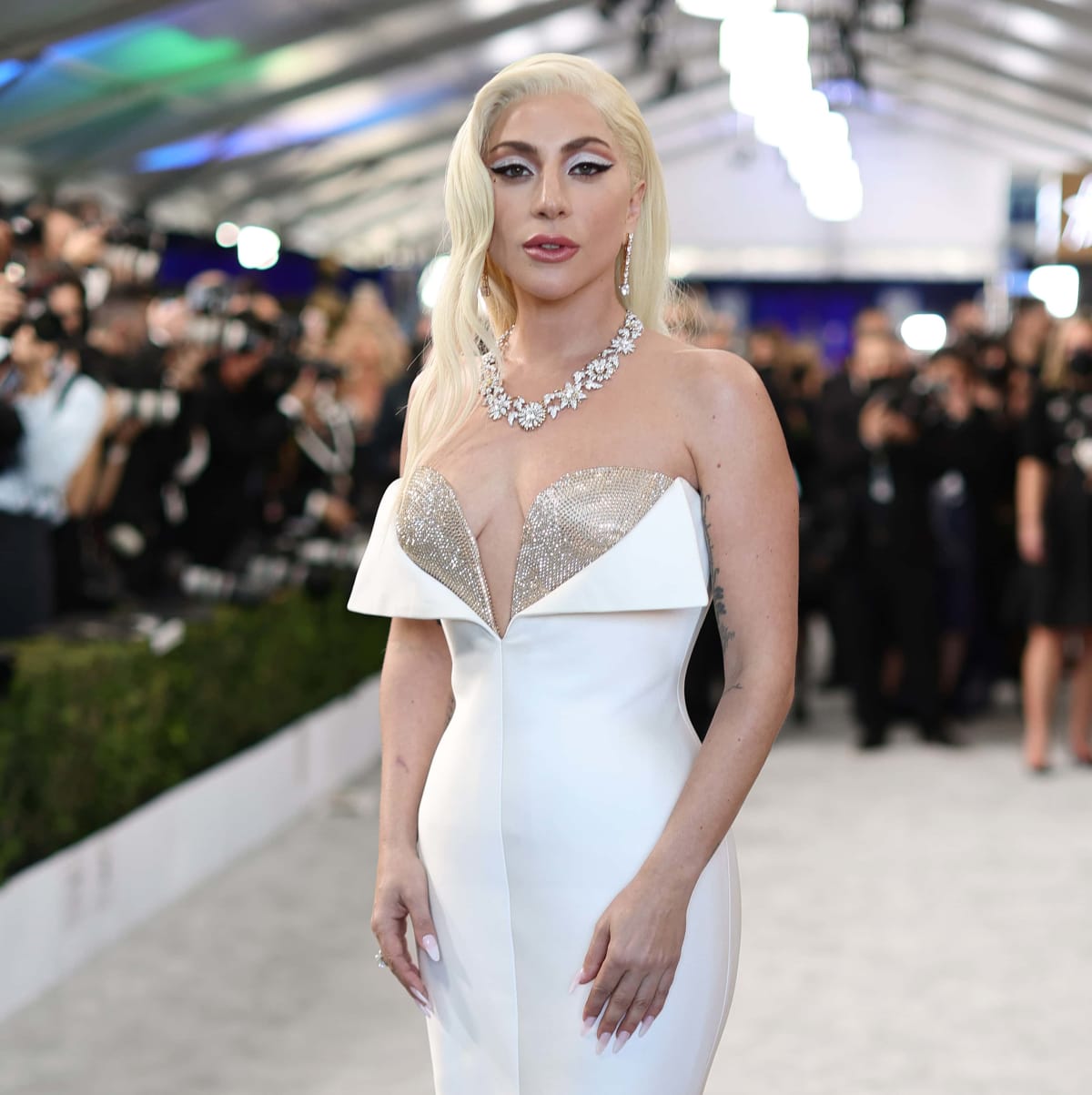
The #MeToo movement has empowered several celebrity survivors of sexual harassment and assault to share their stories. No longer silenced by thoughts of shame or fear, their testimonies have brought down the powerful and wealthy who thought they were above the law. Celebrity survivors have also used their platforms to amplify the voices of other survivors and help them get justice. By starting difficult conversation through prominent media outlets, they have sparked crucial debates about consent, boundaries, and gender equality. Take a glance at the following celebrities who have bravely taken a stand.
Amy Schumer
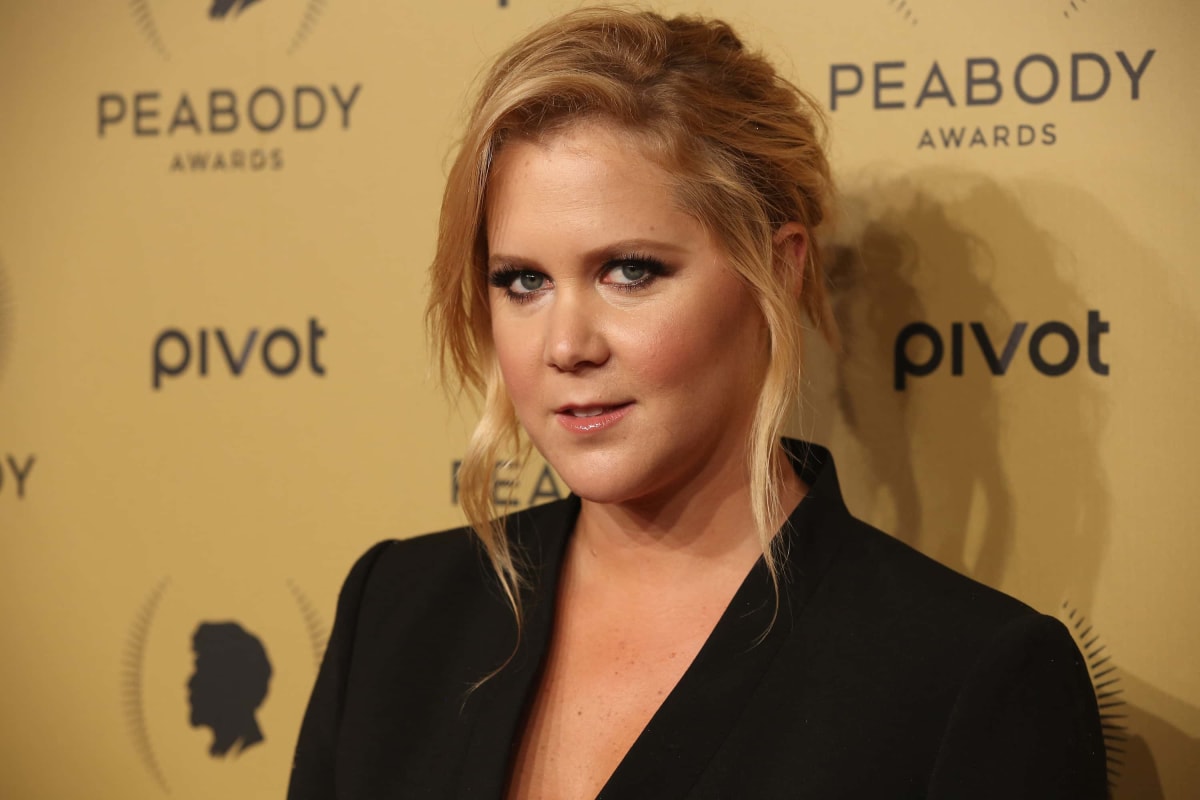
Amy Schumer, during the promotion of her 2016 book, 'The Girl With the Lower Back Tattoo', disclosed an unsettling incident from her past, revealing that back in the day, her then-boyfriend had used her body for sex while she was asleep. Schumer acknowledged that her story didn't conform to the conventional notion of rape, writing in her book, "It's not this 'perfect rape.' People want you to have been raped perfectly and they want you to be a perfect victim."
Brendan Fraser
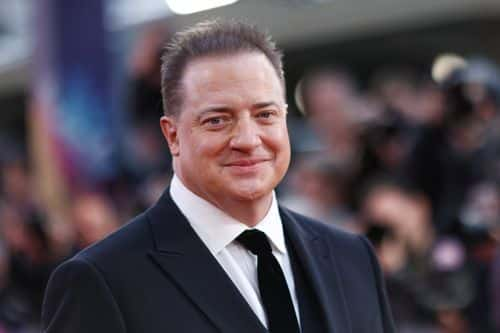
In a 2018 interview with GQ, Brendan Fraser recounted a 2003 incident where he alleged that Philip Berk, the former president of the Hollywood Foreign Press Association, had groped him. It was a distressing experience for Fraser, “I felt ill. I felt like a little kid. I felt like there was a ball in my throat. I thought I was going to cry.”
Terry Crews
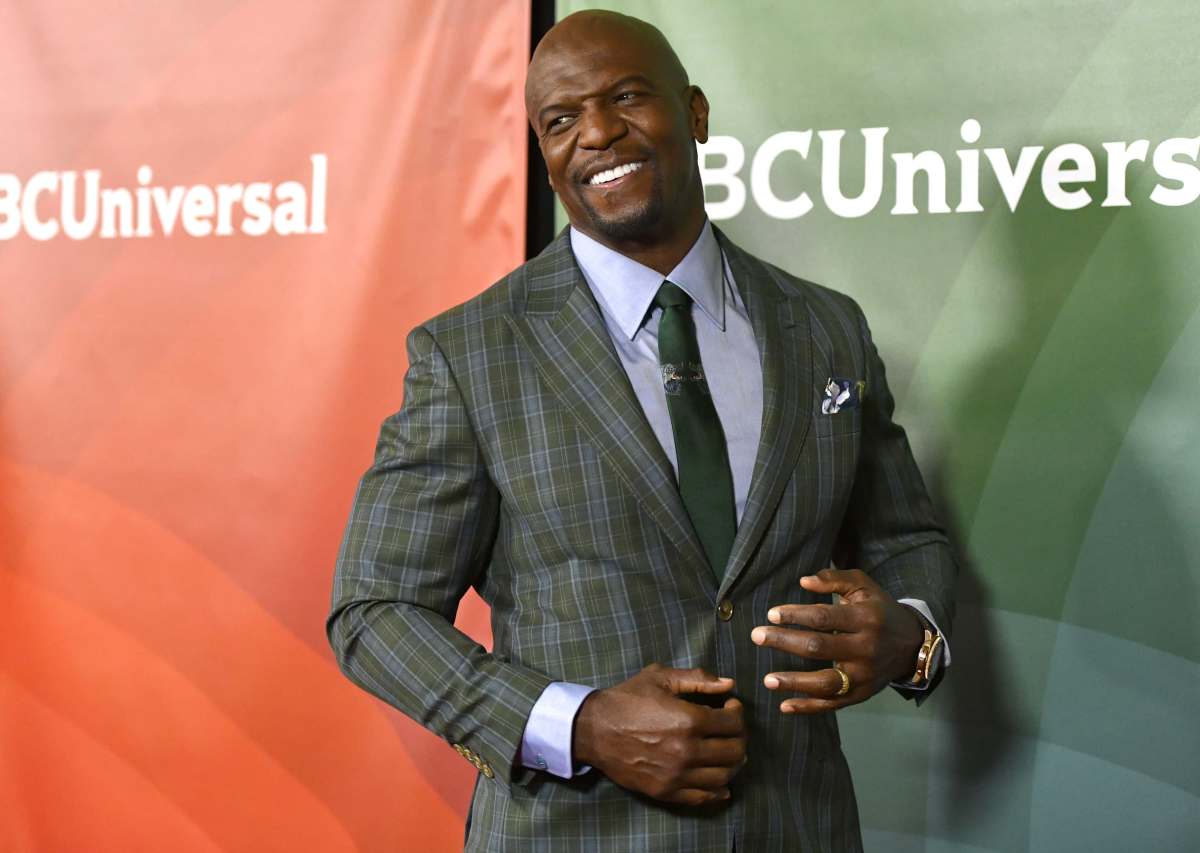
In 2017, Terry Crews, a former NFL player and star of 'Brooklyn Nine-Nine', took to Twitter to share his own encounter with sexual harassment, revealing that an executive had indecently touched him in front of his wife. Crews connected his experience to the broader conversation about sexual misconduct, drawing parallels with the Harvey Weinstein case. Later, Crews identified the executive as Adam Venit when he filed a sexual assault lawsuit against him, ultimately leading to Venit's resignation.
Lady Gaga
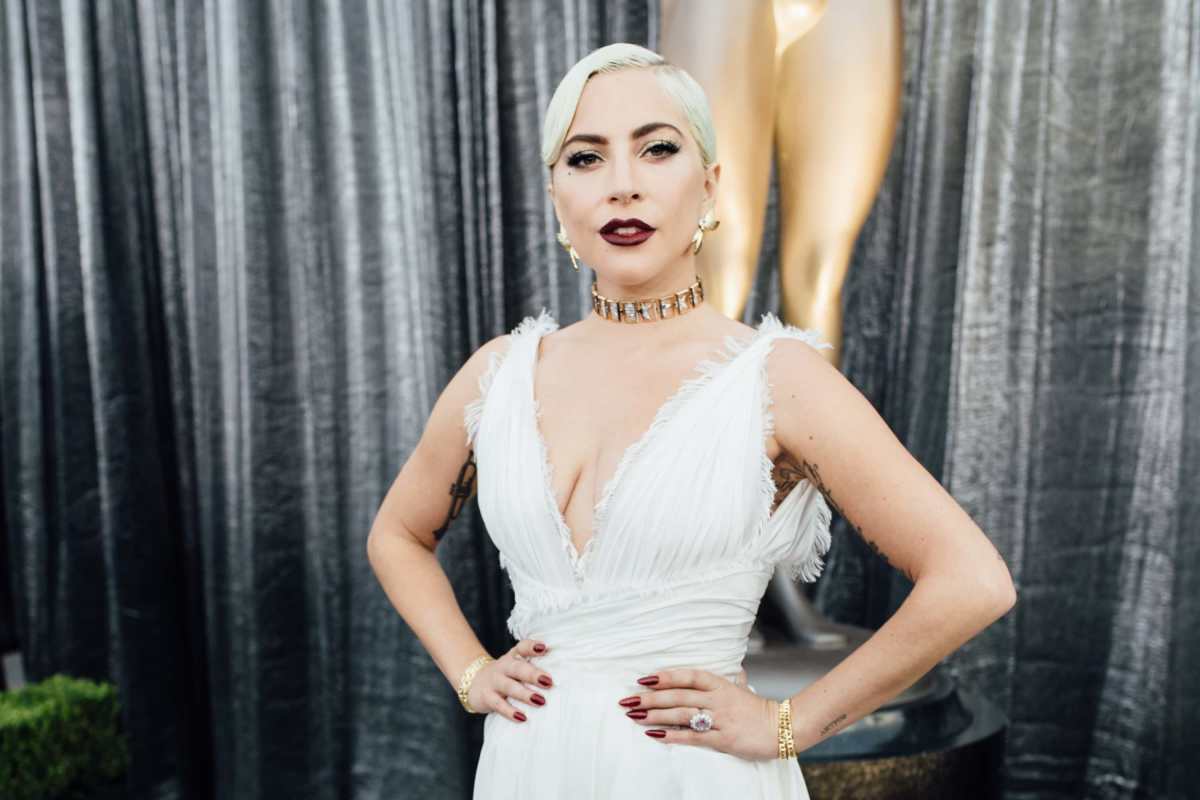
Pop sensation Lady Gaga's song 'Til It Happens to You' delves into the intricate aftermath of surviving a rape at the age of 19, as reported in Vanity Fair. The song's lyrics reflect the confusion and self-blame that often plague survivors, as they grapple with the trauma. Lady Gaga said, “Because of the way that I dress, and the way that I'm provocative as a person, I thought that I had brought it on myself in some way."
Lena Dunham
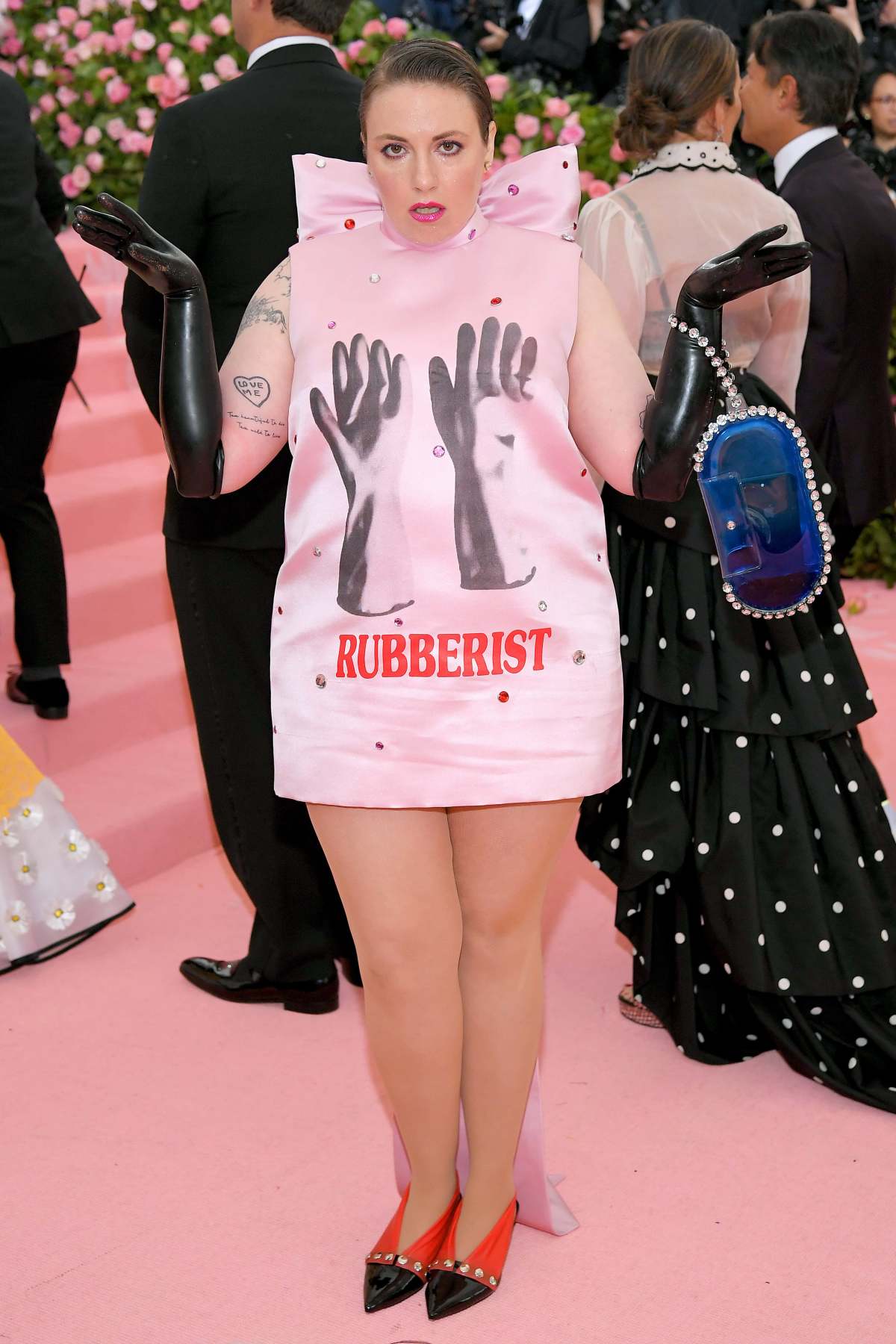
Lena Dunham, the creator of 'Girls', recounted her personal experience with sexual assault in her book, 'Not That Kind of Girl'. She faced severe backlash, with reporters attempting to uncover her assailant and questioning her actions on the night of the incident. In an essay for BuzzFeed, Dunham explained how her character and credibility were constantly scrutinized. Like many survivors, she chose not to report the incident to authorities, fearing she would not be believed.
Gabrielle Union
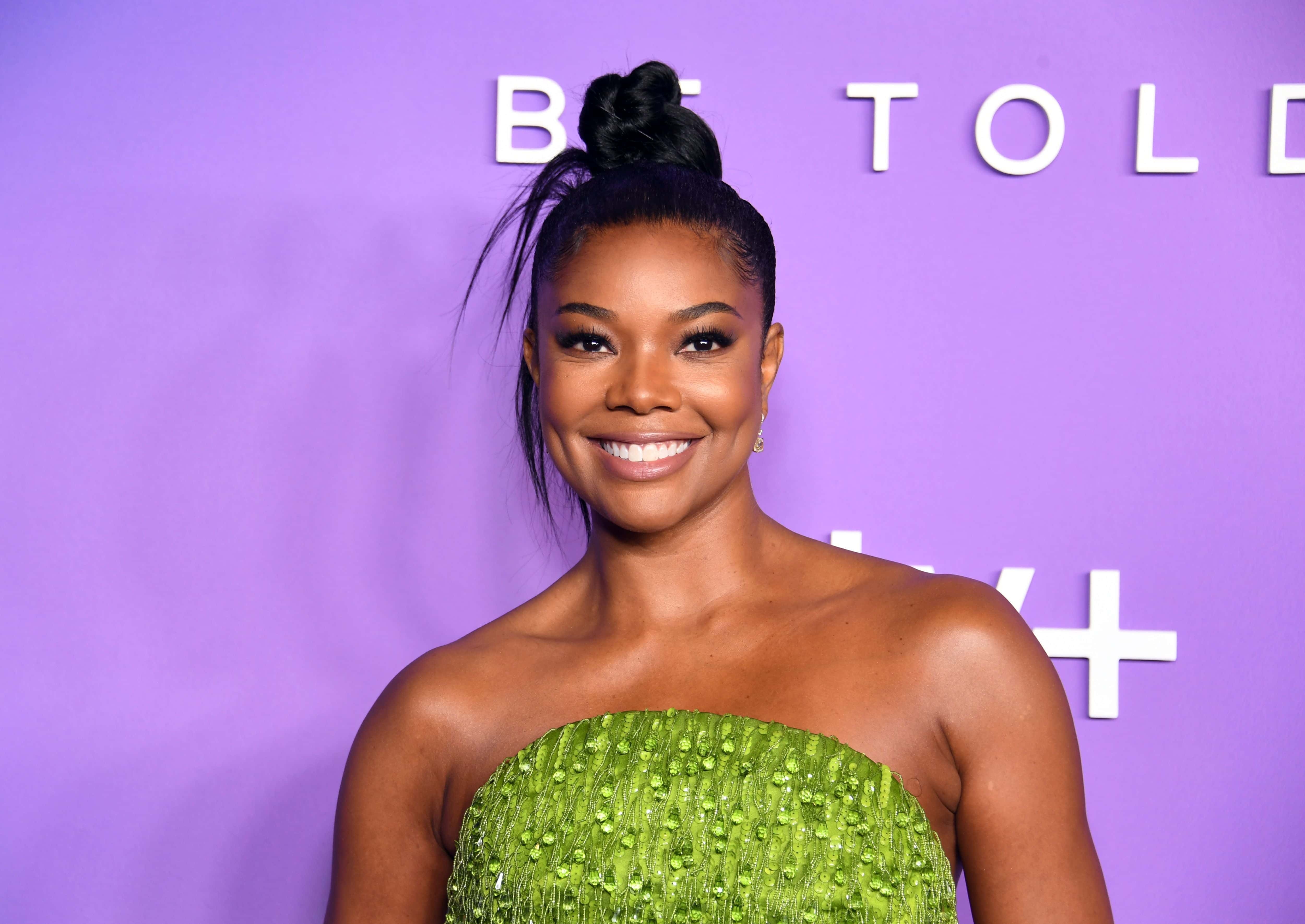
In 2018, the accomplished actor Gabrielle Union opened up to Redbook about her struggle with post-traumatic stress disorder (PTSD) in the aftermath of her book tour promoting ‘We're Going to Need More Wine’. She had previously shared in an essay for the Los Angeles Times that she was raped at gunpoint while working at a Payless shoe store 26 years earlier.
Brooke Shields
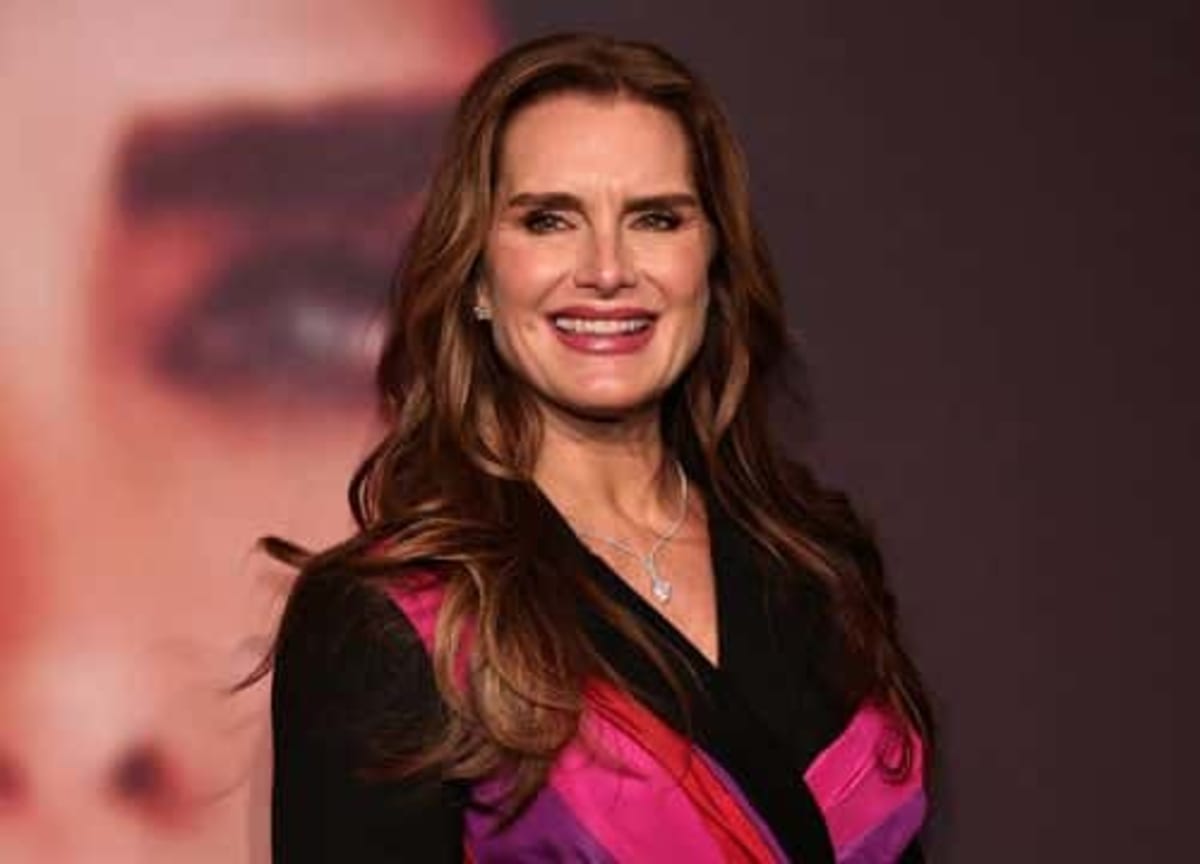
Model and actor Brooke Shields faced criticism during her early career for her roles in sexualized films as a child. In a 2023 documentary, 'Brooke Shields: Pretty Baby', she revealed a painful truth: she was sexually assaulted by a Hollywood producer when she was young. Shields confided to People magazine that she blamed herself for the attack saying, "People weren't believing those stories back then. I thought I would never work again."
Alyssa Milano
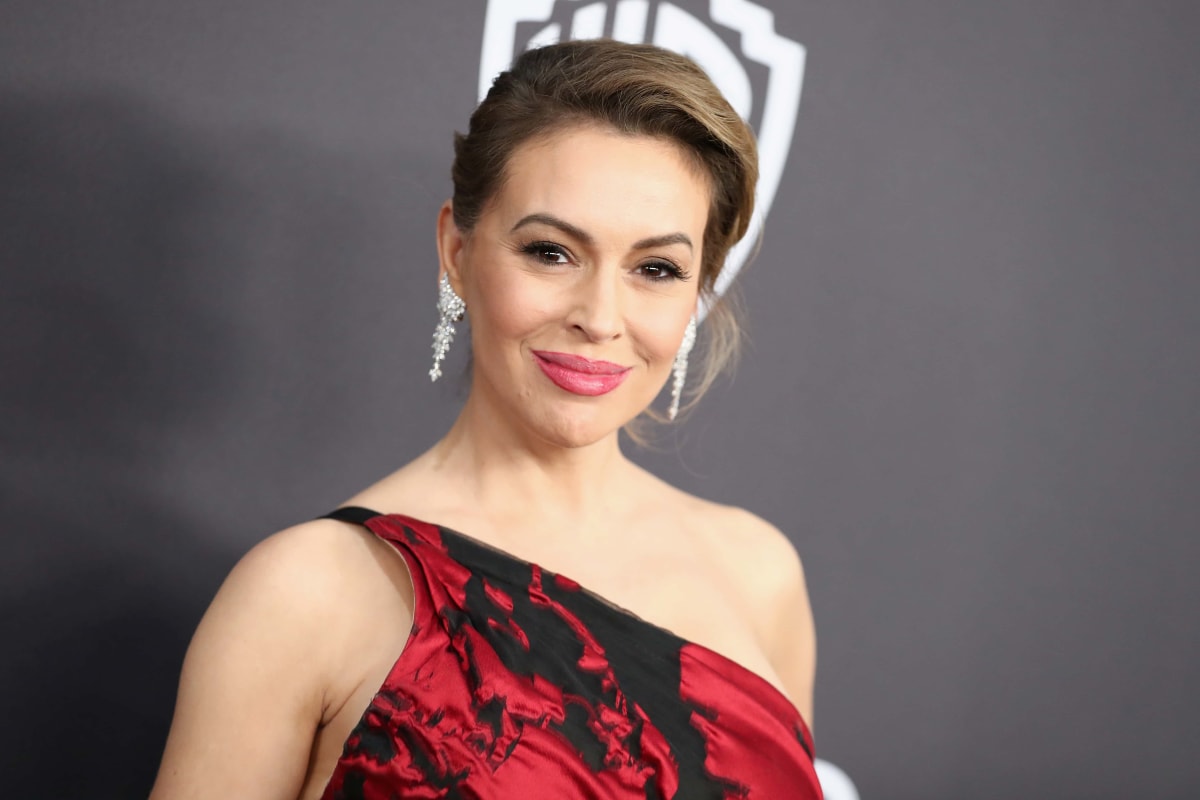
Alyssa Milano, credited with amplifying the #MeToo movement on Twitter in 2017, shared her own story of sexual assault in Vox. She recounted how it took years to confide in close friends and three decades to inform her parents about the assault. Milano never pursued legal action, as she felt justice was an unattainable ideal. She emphasized the emotional toll of speaking up, which often entails vulnerability to public scrutiny and ridicule, all while bearing the burden of having been a victim in the first place.










